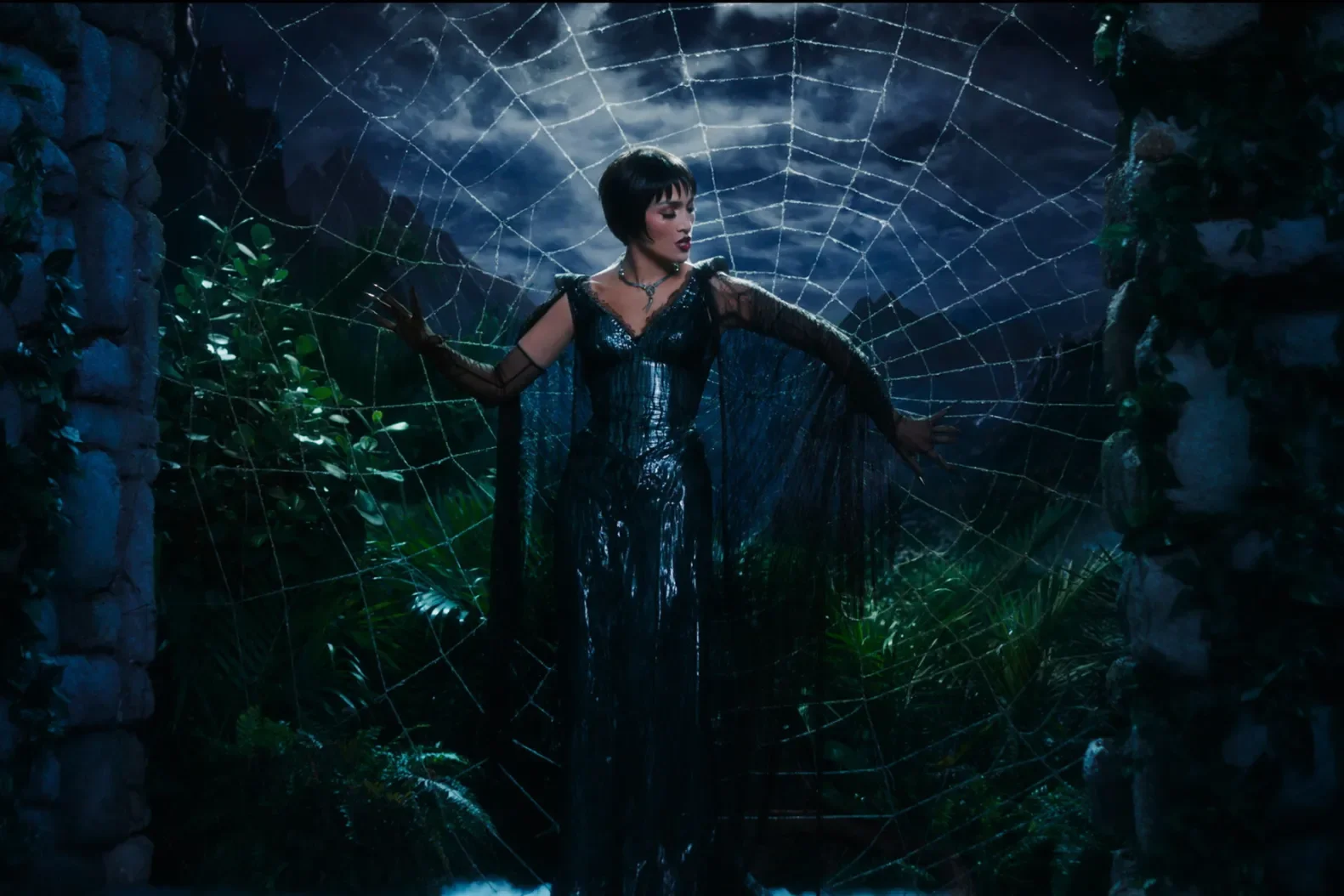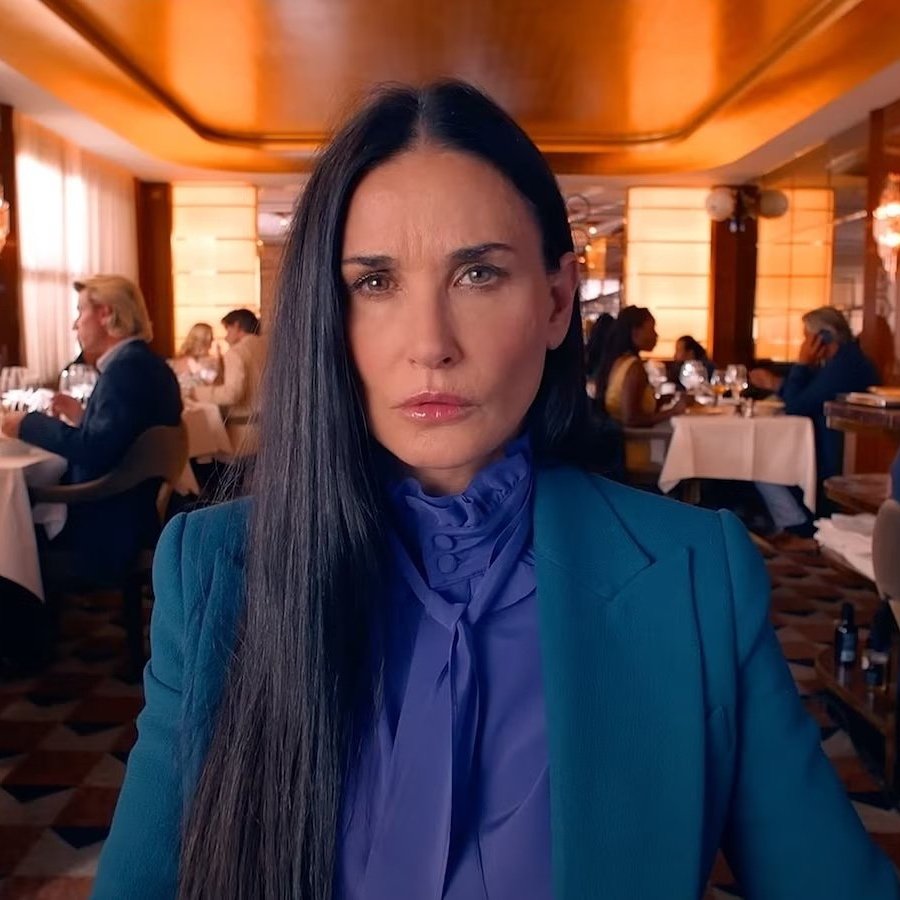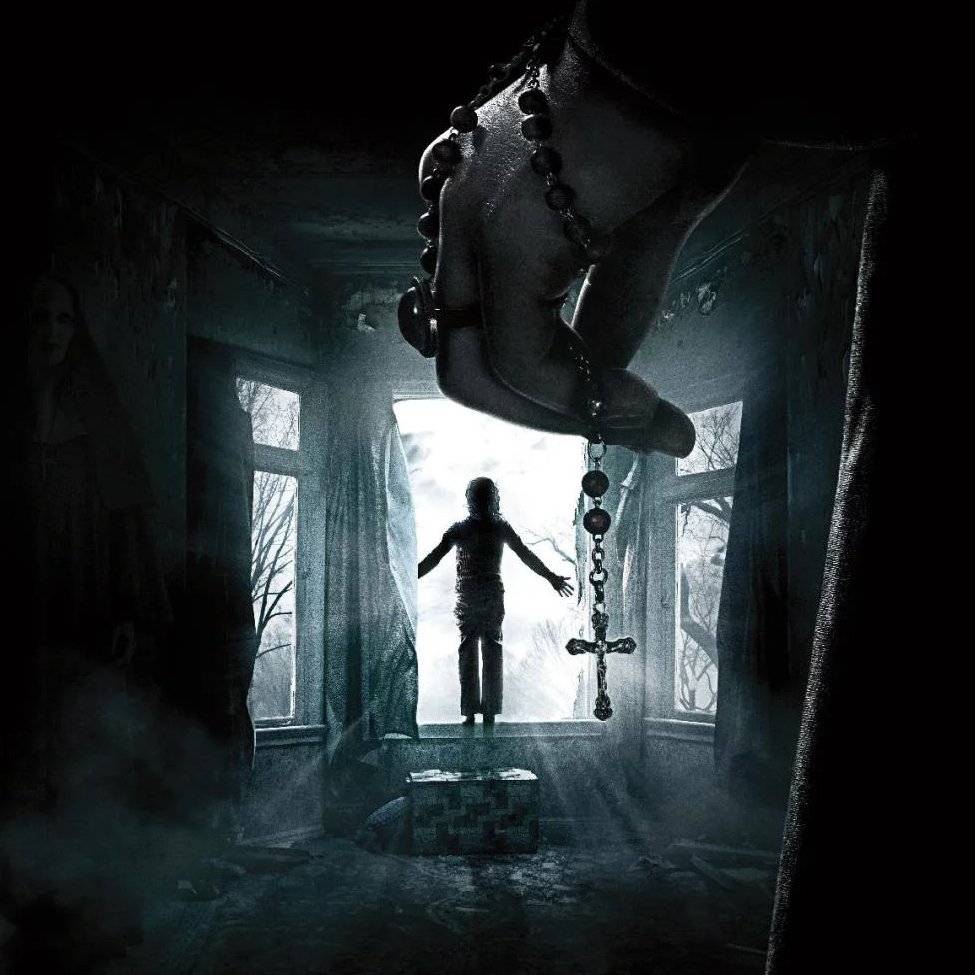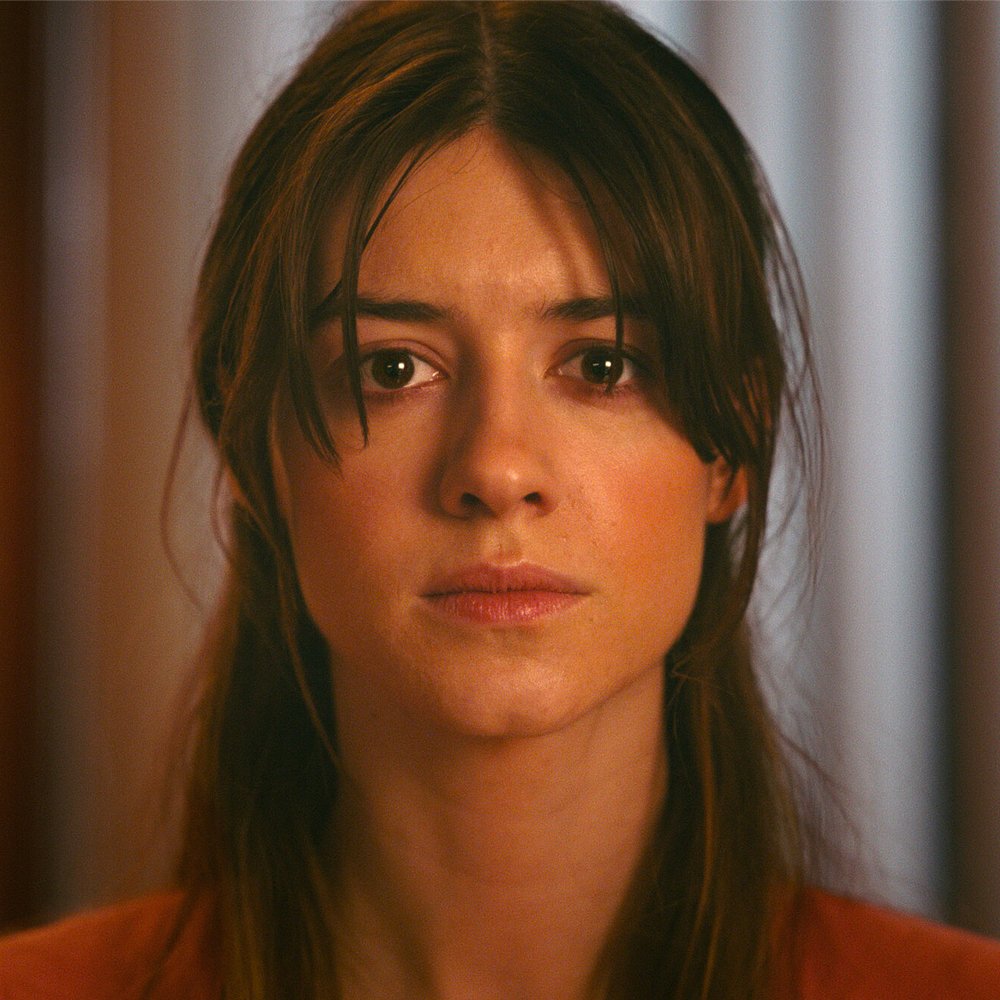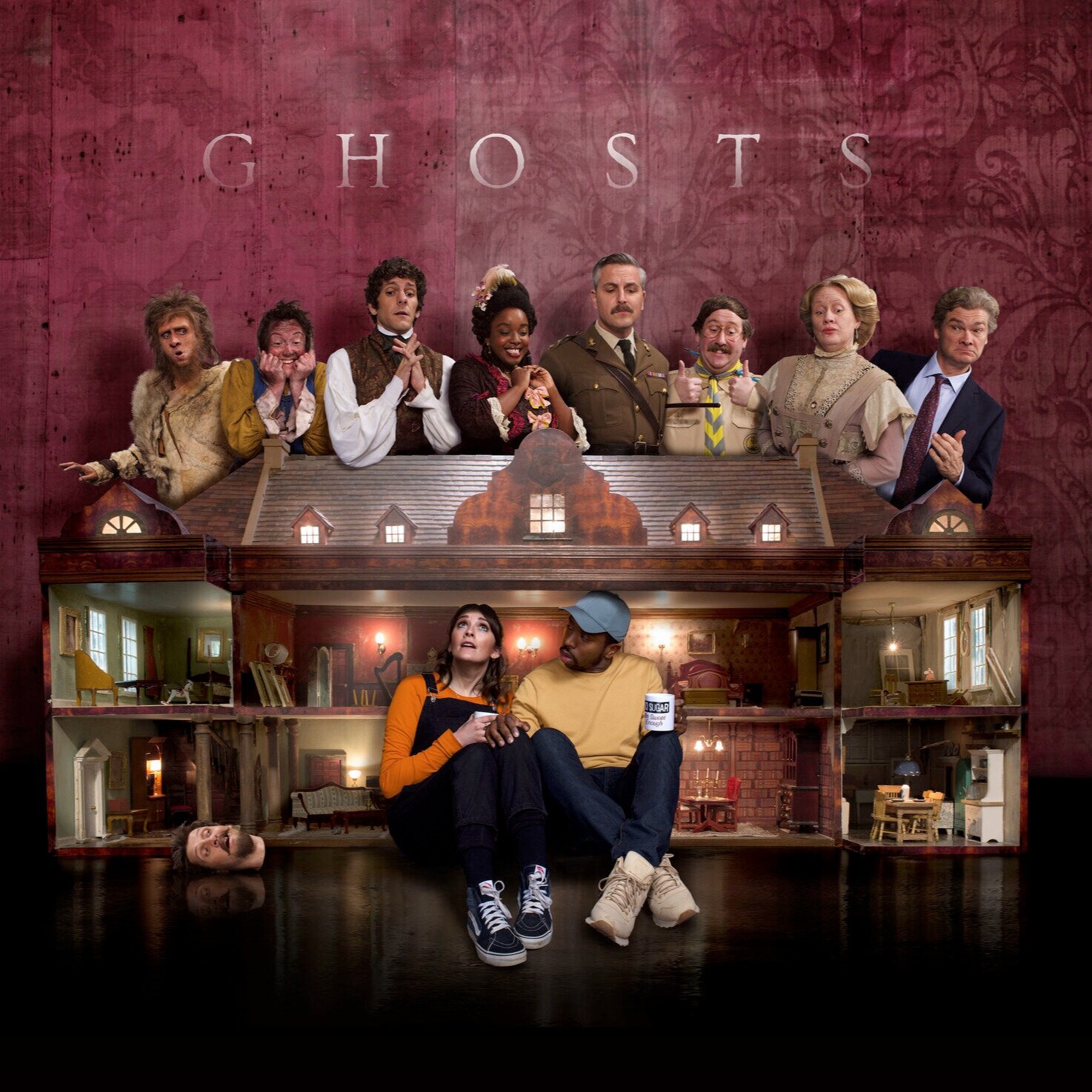I Blame Society: A Q&A with Director/Co-Writer Gillian Horvat
I Blame Society is a terrifyingly brilliant satirical film that touches upon many important issues of our time: sexism, art, crime, and Hollywood disillusion. Directed by Gillian Horvat & co-written by herself and Chase Williamson, the semi-fictional story follows ‘Gillian’ (a semi-fictional character played by Horvat herself), as she works on a film based on a semi-compliment from a few of her friends that she would make a good murderer. Frustrated by the constant rejection and belittling of her talent, Gillian decides to take the film to the finish line completely on her own, exploring how far her character can go in planning murders, while taking a camera with her wherever she goes no matter how her friends or boyfriend feel about it.
The story dives deep into what it means to push boundaries in art and relationships, while exploring the idea of going as big as you can in your work to gain attention and jumpstart your career. Filmmakers are constantly told to follow their passions no matter what, but this film shows how that sentiment can be taken in unexpected directions and really affect passionate artists’ mental health. From the viewers’ perspective, the raw truthfulness of the film is refreshing and jarring; especially reminding us that at any point someone we know and love can take things right over boundary lines if pushed too hard. The film also teaches us some incredibly valuable life lessons, like how to trust the people in our lives and how someone could easily break into a first-floor apartment.
The film resembles Harrison Atkin’s Lace Crater (streaming on Amazon Prime Video), a film Williamson says is a favorite of theirs (and has cast overlap with I Blame Society), in terms of its casual then suddenly extreme storyline, as well as feelings of detachment and otherness radiating from the main characters. Both of these films play out intense yet funny-in-concept ideas, this film being about a murderer making a film about murdering, the other about a woman getting an STD from a ghost, but both also leave the viewer reflecting on what these films can show us about what’s going on under just the surface of our society.
Though touching on many deep issues, the film in its satirical nature adds an air of hilarity and some lines that stick in your head, such as “lean in, baby!”, “are you my scary girl?” and “no one wants to see your film made as much as you do”. The character creates some fun disguises such as a “LA tourist”, and has some comically cringey interactions with other characters, such as seeing her ex-boyfriend on a date at their old hang-out spot when she’s not over the break up. This reminds us of the awkwardness of reality that many films try to cut out.
I also appreciated how the film touches on how horror and/or “weirdness” in film may be especially hard to get produced, as many in the industry want to stick to safer, comfortable bets. The character ‘Gillian’ just wants to get her unique and personal work out there, but she’s being harshly judged or ignored by the kinds of people that could get her films made. This ultimately leads to the frustration that kicks off the film and is what brings it to its own uniquely disturbing conclusion.
Overall, this film was extremely thought provoking, galvanizing, terrifying, and just plain fun. For a low-budget horror that wants to show people how screwed up we can be in our society, it hits the nail on the head, and I am excited to see what’s to come for Gillian and the genre.
Gillian was kind enough to answer some questions that I had about the film- enjoy!
Are there any films or other work that were used as inspiration? And do you have any other satirical horror favorites?
Horvat: Coming Apart, a film about an unhinged psychiatrist who tapes his patients and his sexual encounters in his Manhattan apartment, was my main reference in terms of the found footage concept, but I also was thinking of the main character in Fade to Black when I thought about my protagonist’s movie obsession.
I have many many many horror satire favorites. There’s The Stuff, The Dark Backward, Aamis, Ravenous, 2,000 Maniacs! (especially because it’s a remake of Brigadoon), lots more. Vampire’s Kiss, Detention, They Live, Eating Raoul, Cherry Falls, Office Killer,
The film shows what can go wrong with people telling others to follow their dreams no matter what and to try harder (lean in, baby!); was the film first inspired by this frustration in filmmaking?
Horvat: Definitely, it used to be very frustrating to see some obtuse filmmakers on social media telling filmmakers to just follow their dreams without acknowledging their privilege. But maybe it’s even more frustrating that post #MeToo they do acknowledge it and just get told how brave they are for their “truth-telling.” Honestly, there are some people out there who just fail upwards, and all I hope for in my career is that same magic!
Issues around womens' struggles in Hollywood, specifically about sexuality, are so important to bring to light; what is the most important takeaway you hope your film provides for the viewer about these issues?
I hope that female filmmakers are released soon from the strictures of being forced to write about subjects relevant to their “experience,” which is apparently just stories about abortion, domestic violence, breast cancer, etc. Those are all important subjects but they essentialize and diminish the female experience to just it’s femaleness, and that’s actually dehumanizing. It’s not something that’s forced on white straight male filmmakers who are still the dominant spokesmen for universal experience. I definitely don’t think men should be prevented from making films with women or BIPOC at the center, I just believe that everything should be open to everybody. If you’re good. I think that’s what change should look like now: the doors are open to talented people of every background and the untalented beneficiaries of cronyism finally have to leave and take overpaid jobs in some other field.
Something that I thought about while watching was how oblivious we can be about our surroundings & how we treat others because we're so wrapped up in ourselves and our devices. Is that something that you purposely wanted to make a point about in the film?
Horvat: Well, I think the use of the word “device” is really interesting. The first time I read the question I assumed you meant “device” as in the means with which we try to achieve our intentions, but now I see you meant phones, tablets, etc. I certainly meant to make a point about how self-obsessed artists are, as well as the fact that it might be a necessary job qualification. In film school, they told us that we needed to “hustle” to get our films made without really clarifying what that was, probably on purpose. I think they meant do whatever you can to promote yourself, even if it makes you uncomfortable, because nobody is going to track you down and ask you if they could make your film for you. Social media has magnified that narcissism and warped our perceptions of success, but even on social media you need something to promote. It all comes back to making your film and nobody’s going to do that for you. You need to be somewhat delusional about the rejection that comes with getting your foot in the door. A normal person would take that rejection and think, “maybe I’m not good enough.” A successful filmmaker has to think, “That person is an idiot” or, “They’re jealous” or, “He just hates me,” and keep going. It’s a super unhealthy state of mind to shut out potentially objective criticism but without it you’re going to give up. That’s why you need to go to therapy as early as you can afford it and probably stay there for your whole career, otherwise you will be totally unhinged from reality.
Another horror/thriller that came out recently called 'Spree' also touches upon a lot of these relevant issues about fame/isolation. Do you think there will be more work coming exploring these topics? Are they ones that you want to continue touching on in your work?
Horvat: I haven’t seen Spree, but the treatment of notoriety on film goes way back to the silent era. I really love the film Chicago (1927), adapted from the play that later became the Kander and Ebb musical. The silent film version was actually written by a brilliant female screenwriter, Lenore Coffee. I definitely recommend tracking down the blu-ray that just came out or maybe UPenn could screen the print restored by the UCLA Film & Television Archive. But my point is, it’s an old old topic, I think it will continue to be addressed again and again. Recently, Nightcrawler added a wonderful twist in depicting how people can be infamous behind the camera, just as they are in front of it. I don’t know if I personally will keep making films on the subject, but I do love narcissists as characters, so it’s very possible.
Popular Reviews







